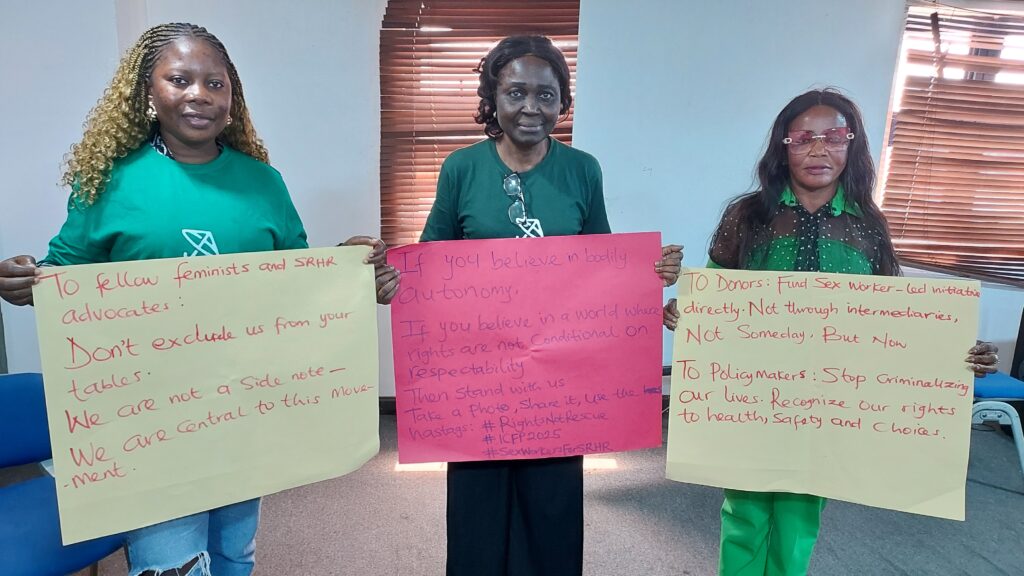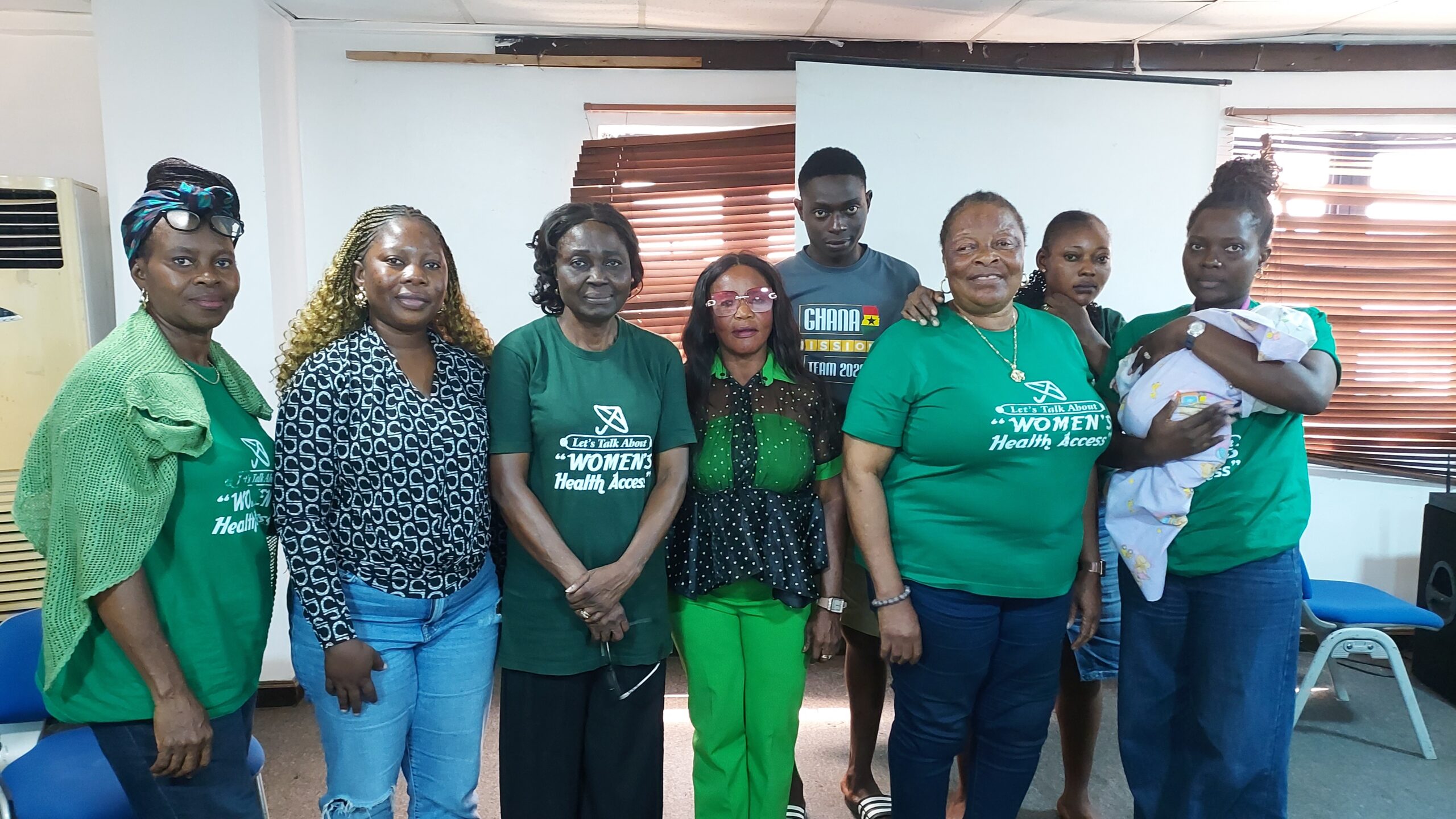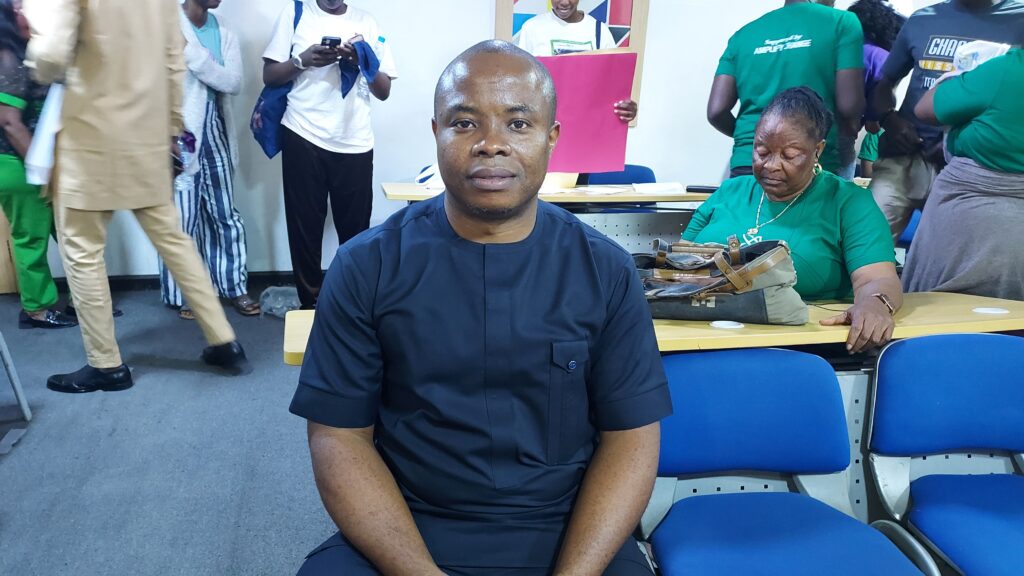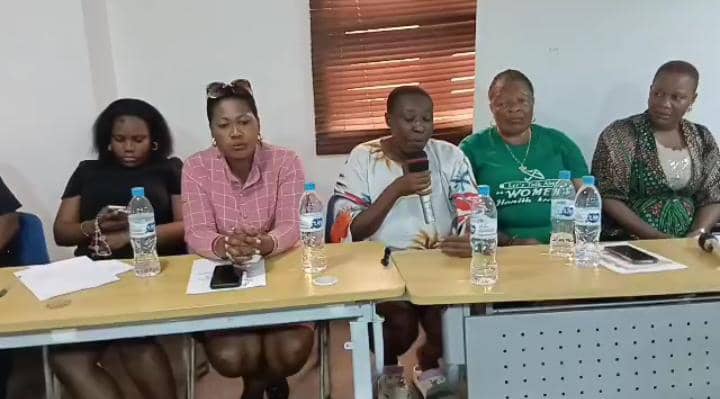At a recent media roundtable in Lagos, health workers, advocates, and civil society leaders called for urgent reforms and awareness to address unsafe abortion among sex workers and other vulnerable women, stressing that stigma and lack of access continue to fuel preventable deaths.
By Bunmi Yekini

The conversation around unsafe abortion and women’s sexual and reproductive health rights (SRHR) in Lagos State took centre stage last week at a media roundtable that brought together stakeholders from health ministry, civil society, women’s advocacy groups, and sex worker communities. The dialogue, organised by Ohotu Diamond Women Initiative with support from Amplify Change, highlighted the urgent need for accessible, stigma-free health services and called for the reinstatement of the state’s Safe Termination of Pregnancy (STOP) Guideline.
Dr. Margaret Onah, Project Coordinator of Ohotu Diamond Women Initiative, explained how the organisation came into existence.
“Ohotu Diamond Women’s Initiative was born out of the need to give sex workers a voice,” she said. “We discovered that unsafe abortion is very common among
, and many lacked knowledge about safe services. We went to 20 brothels across Agege and Ifako-Ijaiye to raise awareness and found cases of stigma, discrimination, and rights violations. That is why we are advocating that the STOP guideline should be reinstated, so that people know where to go and what services they are entitled to.”

Funded by Amplify Change, the project seeks to build bridges between the government, civil society, and the media. According to Onah, “This grant is not just about us. It’s about creating an enabling environment where services are acceptable, accessible, and safe for women in Lagos State.”
For Mrs. Imaobong Udoh, Executive Director of Ohotu Diamond Women Initiative, the programme is deeply personal.
“The way sex workers go about abortions, many of them in unsafe ways, has led to needless deaths,” she said. “We trained 50 ambassadors in Agege and Ifako-Ijaiye who now reach others in their communities. Since we started, there has been a positive change. Sex workers are learning where to go for help without stigma or discrimination. This programme is saving lives.”

But the discussion extended beyond service delivery to broader policy gaps. Mr. Ubani Arukwe, from the International Centre for Poverty Alleviation and Sustainable Development (CENPAD), reminded participants that the Lagos State STOP guideline, released in June 2022, was withdrawn after backlash from conservative groups.
“That guideline was never about promoting abortion recklessly,” he clarified. “It was meant to guide health providers within the law, especially when the life of the mother is at risk. Lagos has one of the highest maternal mortality burdens in the country, with 13% linked to unsafe abortion. Reinstating the guideline could save countless lives.”

Technical partner Durueke Florita, Executive Director of New HIV Vaccine and Microbicide Advocacy Society (NHVMAS), stressed the urgency of expanding both legal and attitudinal frameworks.
“Current laws don’t cover cases like rape or incest, which leaves many women with no safe options,” Florita noted. “Even young people seeking contraception are often turned away by judgmental providers. That denial doesn’t stop them from having sex; it only pushes them toward unsafe abortion. These are preventable deaths a better policy framework and improved provider attitudes can fix.”
The roundtable also included a panel of experts, advocates, and health officials who responded to questions from participants about family planning safety, the availability of Lagos State health insurance (LASHMA), and the role of community health providers in offering empathetic, stigma-free services.
One recurring concern was how to ensure teenagers and vulnerable women can walk into health facilities without being judged. As one participant put it, “We need more empathetic providers, not gatekeepers.”
The consensus from the day was clear: while progress has been made, a significant gap remains. Advocates urged the Lagos State government to reconsider its withdrawal of the STOP guideline, strengthen civil society collaborations, and invest in retraining healthcare providers.
“Every woman, no matter her background or profession, deserves the right to safe, accessible, and non-judgmental reproductive health services. This is not just about sex workers, it is about humanity.” Onah concluded.
